[fusion_builder_container hundred_percent=”no” equal_height_columns=”no” menu_anchor=”” hide_on_mobile=”small-visibility,medium-visibility,large-visibility” class=”” id=”” background_color=”” background_image=”” background_position=”center center” background_repeat=”no-repeat” fade=”no” background_parallax=”none” parallax_speed=”0.3″ video_mp4=”” video_webm=”” video_ogv=”” video_url=”” video_aspect_ratio=”16:9″ video_loop=”yes” video_mute=”yes” overlay_color=”” overlay_opacity=”0.5″ video_preview_image=”” border_size=”” border_color=”” border_style=”solid” padding_top=”” padding_bottom=”” padding_left=”” padding_right=””][fusion_builder_row][fusion_builder_column type=”1_1″ layout=”1_1″ background_position=”left top” background_color=”” border_size=”” border_color=”” border_style=”solid” border_position=”all” spacing=”yes” background_image=”” background_repeat=”no-repeat” padding=”” margin_top=”0px” margin_bottom=”0px” class=”” id=”” animation_type=”” animation_speed=”0.3″ animation_direction=”left” hide_on_mobile=”small-visibility,medium-visibility,large-visibility” center_content=”no” last=”no” min_height=”” hover_type=”none” link=””][fusion_text]
Providing hospital attachments to new healthcare graduates as part of their degree is a key part of their university experience. For Pharmacy student, placements at community pharmacy are equally important. These placements provide an intergration of knowledge and theory with skills and practical application in professional settings.
IMU Pharmacy students share their experience here.
[/fusion_text][fusion_table]
| Hospital Pacements | |
|---|---|
| PANG JIA CHERN (BP1/16)
During the hospital attachment, I have learned how to apply the knowledge learned from Semesters 1 to 6, further analyse patients’ conditions and provide appropriate pharmacological recommendations. Furthermore, I was able to understand the job scopes of a hospital pharmacist and at the same time familiarise myself in working under the hospital setting. I have learned a lot during the hospital attachment, and I would like to thank IMU for giving me such a great opportunity. |
 |
| PAULINE NG POH LIAN (BP1/16)
I am so grateful to pursue my BPharm (Hons) programme in IMU. Although the four years of study is not easy and challenging, there are helpful lecturers, mentor and colleagues who taught and inspired me well with the knowledge and skills that are required to become a professional pharmacist. Besides, I was given the opportunity to be exposed to and trained in the various sectors before graduating which includes clinical, retail and industrial pharmacy so that I am clear as to which sector I wanted to choose as my future career. |
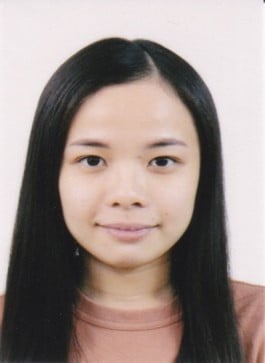 |
| AMILIA CHAI HUI YONG (BP1/16)
Semester 8 Hospital attachment was indeed a challenging yet valuable exposure to me. This valuable experience allows me to observe real-life practice in the hospital. One of the most important experiences I had during the hospital attachment was that I had the opportunity to experience and have a better outlook on the duties of hospital pharmacists. It makes me realize that strong clinical knowledge and outstanding skills are necessary to work well with different healthcare professionals and deliver the best healthcare service to the patient. Clerking real cases for the first time and preparing pharmaceutical care plans as well as case presentations were challenging, but I truly find it beneficial in strengthening and refreshing our clinical knowledge, which we have learned throughout these four years. It was exciting as we can apply our knowledge in real-life settings and master our communication and presenting skills throughout the attachment. |
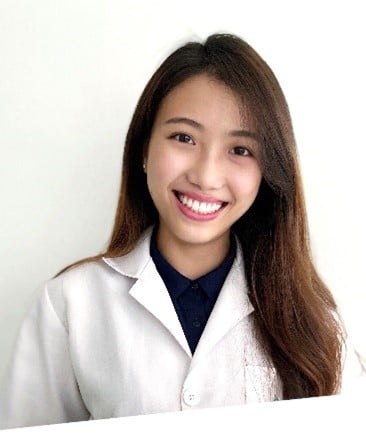 |
| LIM YAN QING (BP1/16)
The 2-week hospital attachment during my final semester was one of the most memorable learning experiences in IMU. Lecturers from IMU supported us in drafting care plans and evaluated our performances whereas the preceptors in the hospital guided us, challenged us, and recommended us several useful resources during the attachment. This experience made me realize that I still have a long way to go in order to excel as a clinical pharmacist. I appreciate all the guidance that I have received during the hospital attachment and will continue to work hard from there. |
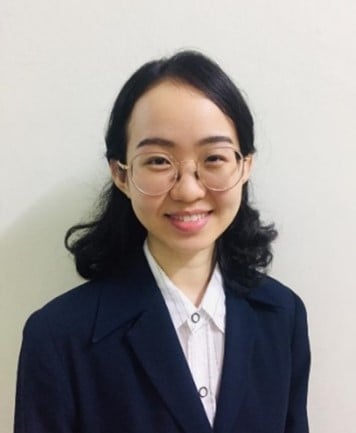 |
| JANE LEE JIA JING (BP1/16)
The hospital attachment in Semester 8 had been an eye-opening experience which introduced me to the first look of being a clinical pharmacist. It was a good finishing touch to our BPharm programme as it strategically complemented what we had learnt in class throughout the 4 years. It simultaneously presented an opportunity for me to apply my pharmaceutical knowledge into real-life clinical cases and develop my patient care skills. Overall, the attachment was truly memorable and exciting time. |
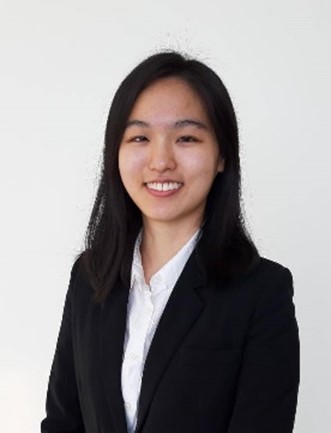 |
[/fusion_table][/fusion_builder_column][/fusion_builder_row][/fusion_builder_container][fusion_builder_container hundred_percent=”no” equal_height_columns=”no” menu_anchor=”” hide_on_mobile=”small-visibility,medium-visibility,large-visibility” class=”” id=”” background_color=”” background_image=”” background_position=”center center” background_repeat=”no-repeat” fade=”no” background_parallax=”none” enable_mobile=”no” parallax_speed=”0.3″ video_mp4=”” video_webm=”” video_ogv=”” video_url=”” video_aspect_ratio=”16:9″ video_loop=”yes” video_mute=”yes” overlay_color=”” overlay_opacity=”0.5″ video_preview_image=”” border_size=”” border_color=”” border_style=”solid” margin_top=”” margin_bottom=”” padding_top=”20px” padding_right=”” padding_bottom=”20px” padding_left=””][fusion_builder_row][fusion_builder_column type=”1_1″ layout=”1_1″ spacing=”” center_content=”no” hover_type=”none” link=”” min_height=”” hide_on_mobile=”small-visibility,medium-visibility,large-visibility” class=”” id=”” background_color=”” background_image=”” background_position=”left top” background_repeat=”no-repeat” border_size=”0″ border_color=”” border_style=”solid” border_position=”all” padding=”” dimension_margin=”” animation_type=”” animation_direction=”left” animation_speed=”0.3″ animation_offset=”” last=”no”][fusion_table]
| Community Pharmacy Pacements | |
|---|---|
| MARILYN TEE CHENG LING (BP1/16)
My final semester at IMU has helped me to visualise a clearer picture of the working environment due to the attachments and hands-on experience. Through my community pharmacy placement, I was able to learn valuable soft skills that cannot be taught through books and this has helped me tremendously in my personal development. On top of the strong academic foundation given by the remarkable lecturers of IMU, these external challenges I faced has also helped me to further enhance my knowledge, critical thinking and problem-solving skills. |
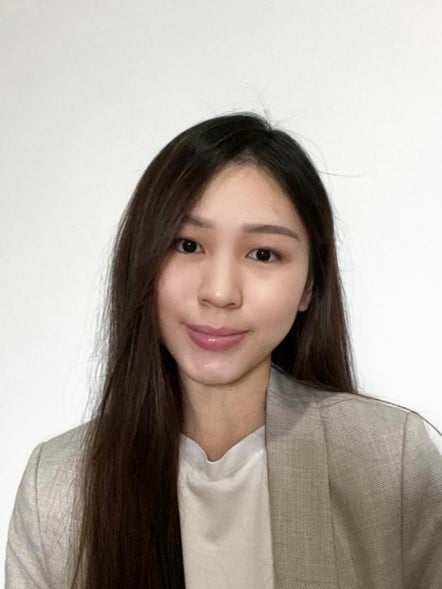 |
| NURUL ASIKIN BINTI BUSTHAMIN (BP1/16)
During my Semester 8 community pharmacy attachment, I was given the opportunity to improve my skills and knowledge as well as apply what I have learnt into real-life scenarios. Under the supervision of my helpful preceptor, I undertook stock inventory management, dispensing and counselling and providing excellent customer service. In addition to the continuous support and guidance from my lecturers, it acts as a motivation for me to continue shaping myself in becoming a competent pharmacist in the near future. |
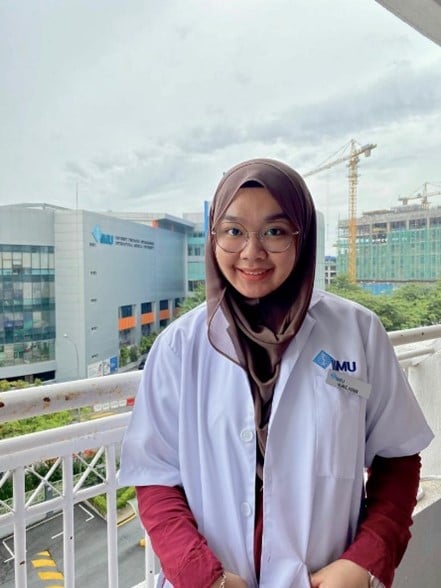 |
| YIP SHUEN CHI (BP1/16)
The community pharmacy I was assigned to for the final year placement was very conducive for learning. I was able to access the various educational materials available in the pharmacy outlet for self-learning. I also encountered many different minor ailment cases and the preceptor supervising me was very experienced and dedicated. What I learn most after the placement is the initiative to be a continuous lifelong learner and to be a proactive person. |
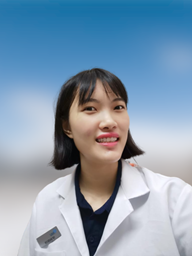 |
| IQBAL DANIAL BIN SA’ID (BP1/16)
IMU did not restrict my learning experience within the four walls of lectures and I was given plenty of hands-on experience outside of that campus. I was placed at a community pharmacy during our Semester 8 placements and was given the chance to apply my knowledge in real-life settings. This exposure will be useful in my future career as a pharmacist. |
 |
| PRATHIBA A/P VIJAYAGOMARAN (BP1/16)
During the community placement, the preceptors took a lot of effort to guide and include me in their daily pharmacy operations. I felt I was a part of the team in that outlet and gained invaluable experience and knowledge. I truly appreciate the outlet environment which was conducive to learn and serve. |
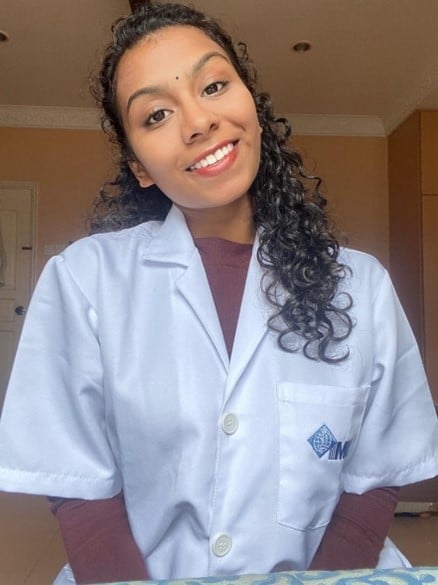 |
[/fusion_table][/fusion_builder_column][/fusion_builder_row][/fusion_builder_container][fusion_builder_container hundred_percent=”no” equal_height_columns=”no” menu_anchor=”” hide_on_mobile=”small-visibility,medium-visibility,large-visibility” class=”” id=”” background_color=”” background_image=”” background_position=”center center” background_repeat=”no-repeat” fade=”no” background_parallax=”none” enable_mobile=”no” parallax_speed=”0.3″ video_mp4=”” video_webm=”” video_ogv=”” video_url=”” video_aspect_ratio=”16:9″ video_loop=”yes” video_mute=”yes” overlay_color=”” overlay_opacity=”0.5″ video_preview_image=”” border_size=”” border_color=”” border_style=”solid” margin_top=”” margin_bottom=”” padding_top=”20px” padding_right=”” padding_bottom=”20px” padding_left=””][fusion_builder_row][fusion_builder_column type=”1_1″ layout=”1_1″ spacing=”” center_content=”no” hover_type=”none” link=”” min_height=”” hide_on_mobile=”small-visibility,medium-visibility,large-visibility” class=”” id=”” background_color=”” background_image=”” background_position=”left top” background_repeat=”no-repeat” border_size=”0″ border_color=”” border_style=”solid” border_position=”all” padding=”” dimension_margin=”” animation_type=”” animation_direction=”left” animation_speed=”0.3″ animation_offset=”” last=”no” element_content=””][fusion_text]
What the Community Pharmacists Say about Our Students After Their Placements
- “Willing to help, good base knowledge and not afraid to give opinions. Gets along well with pharmacy staff”
Au Sow Peng RPh, Pharmacist at Caring Pharmacy - “Bright and excellent student. My pharmacy team and I are rest assured of the student’s pharmacy skills and the way the student handled customer enquiries.”
Tan Pei Ching RPh, Pharmacist at Guardian Pharmacy - “Has a cheerful attitude, always ready to help customers, willing to learn and accepts constructive criticisms on work”
Loh Chon Fei RPh, Pharmacist at Multicare Pharmacy - “Student appears to be professional with adequate pharmacy knowledge. Takes the initiative to help with pharmacy daily duties”
Tang Yan Zhuang RPh, Pharmacist at AM PM Pharmacy - “Student has good communication and engagement skills”
[/fusion_text][/fusion_builder_column][/fusion_builder_row][/fusion_builder_container]

